Trigger Warning
This book review discusses topics including trauma, distressing lived experiences, and the challenges faced by military personnel in seeking support. Some content may be confronting or emotionally difficult. Readers are encouraged to prioritize their well-being and seek support if needed. Assistance is available through your Chain of Command, Chaplaincy, or Health Centre. You can also reach out to Lifeline (13 11 44) or Open Arms (1800 011 046) for confidential support.
Shining a Light – Stories of Trauma & Tragedy, Hope & Healing by Patrick Lindsay is a sobering yet essential read, born from the findings of the Royal Commission into Defence and Veteran Suicide (RCDVS). The book amplifies the voices of those who have experienced the failures of military and veteran support systems, revealing the devastating consequences of neglect, bureaucracy, and institutional shortcomings. While many service members do receive the care and respect they deserve, too many others face systemic barriers that leave them feeling abandoned.
In this book review, I reflect on the stories shared in Shining a Light—stories of struggle, resilience, and the urgent need for change. It is a difficult but necessary conversation, one that challenges us to rethink how we support those who dedicate their lives to service.
I am proud when I see a soldier being transparent and reaching out for help, when commanders think laterally and supports appropriately, when mates surround them, when health and other support systems deliver effective solutions. Unfortunately, that is not always the story. It is a source of grief to members, families, commanders and supporters when links in that help-seeking process are missing. Unfortunately, the gaps happen too often – as detailed in the 3000+ heart-breaking pages of the RCDVS Final Report.
Especially heart-breaking are the related lived experiences reported in Shining a Light.
My first comment about these stories is that it is worth checking you are in the right headspace, and being kind to yourself, when and after you read it.
Many soldiers have fulfilling experiences of service. Many others who face challenges have positive experiences of support from their chain of command and colleagues. But the RCDVS focused its listening and reporting on those who faced awful life-altering circumstances and whom the system let down through abuse and neglect. Some will resonate, or remind us, of our own or colleagues’ experiences. The statistics and underlying narratives are depressing – but critical for us to pay attention to at all levels.
To begin with, we can no longer say Defence members have more protective factors than civilians. Men serving in ADF are 30% more likely to die by suicide than employed men outside (p.14). Ex-serving males are 42% more likely to die by suicide than the general male population. Ex-serving females are twice as likely to die by suicide that the general female population, and ex-serving females under 30 are 2.8 times more likely to die by suicide than similarly aged females in the general population (p101).
Why is this? The reasons are complex and span the career cycle from recruitment and training, service and deployment, medical management and the adjustment of transition to civilian life. Shining a Light unveils implications of: extreme workloads; incessant posting changes and related deep loneliness; mismanagement of military justice; poor processes; feeling forgotten; callous staff at support organisations and career management; privacy breaches; burdensome bureaucracy; family and domestic violence; and alcohol self-medication.
There are awful, but real, stories of abuse and disrespectful treatment of female, LGBTQI+ and Aboriginal members. Members who are struggling shrivel when labelled as malingerers. They feel overwhelmed by perceived delays, duplication and paper chasing when seeking support from DVA and elsewhere.
A theme of betrayal is expressed by members and families. They describe suffering from a failure in leadership and support mechanisms when they most needed help. A parent bemoaned that their son…
“…did not leave Army – the Army left him. He was abandoned – not on the rocky and dusty battlefields of Afghanistan but in the capital of Australia, Canberra”
A member who sought support for depression and suicidality in 2019 observed:
“There is no safe place for people struggling with mental health issues. If they leave, they’re weak, if they take a sick day they are malingering (lingers), if they seek help they are a burden, and if they take their own life they are replaceable. Worst of all, nothing is treated as private or confidential.”
There are positive stories of commanders who evidently cared for their soldiers’ wellbeing more than their career. My favourite story was of an RSM who offered non-judgmental support and almost daily visits to a digger challenged with drugs, firearm offences and suicidality (p.80). The stories underline the importance of attentive leaders; good processes; acting on complaints; safeguarding privacy; encouraging self-reporting and openness; overcoming mental health stigma; and fostering a culture of care from commanders and colleagues. I appreciated reading also of community initiatives such as Mad Snake Café in Darwin named to honour those with mental health challenges or who don’t fit in, and Aussie Hero Quilts and other groups offering empathy and support.
The complexity in these stories remind me there are no easy solutions. Yet there are policy fixes and flexibility we can adopt now at unit levels without needing to wait for official comment on what recommendations will be adopted and budgeted for. I paid particular attention when chaplains were appreciated, but also when they were reported to have missed opportunities for pro-active care and advocacy. That is a challenge to me, to pick up the pieces and build trust in chaplaincy support.
Chief of Army LTGEN Simon Stuart, AO, DSC, echoed the reports saying this is a “once in a generation opportunity to reduce the incidence of suicide and suicidality” and that the obligation is individual and collective.
I am reminded from Sebastian Junger’s Tribe: On Homecoming and Belonging where he states that among the best solutions for soldier and veteran wellbeing are not top-down programs but grassroots support – from our mates in Defence and understanding from the broader community. The RCDVS executive summary and recommendations concludes appropriately with an appeal to government and military leaders to do more and better. But just as important is the reminder that our best support can come from non-judgmental mates and emotionally intelligent leaders, people we know that we can rely on through, and beyond, Defence service. Reading stories of members and how they have felt they have been treated over recent decades can help inform how we support our mates and teams better today and tomorrow.
To return to the theme I started with, I honour those thousands of mates and family members, commanders and support workers who stand by, and stand for, members who are struggling.
A risk of reading the dark stories of RCDVS is to forget the thousands of other stories of support working well and traumas leading to post-traumatic growth. That never excuses when things have gone or are going poorly. Reading Shining a Light was tough—but it needed to be. These stories aren’t just statistics or invented case studies; they are real people, real families, and real failures that demand our attention. The system has let too many people down, and while there are good leaders, strong support networks, and moments of hope, there’s still so much work to do.
What stands out to me most is that solutions don’t just come from the top. They come from mates who look out for each other, leaders who put people before policy, and a culture that encourages honesty over silence. We can and must do better—not just by waiting for policy reforms, but by stepping up today in how we lead, support, and care for those who serve.
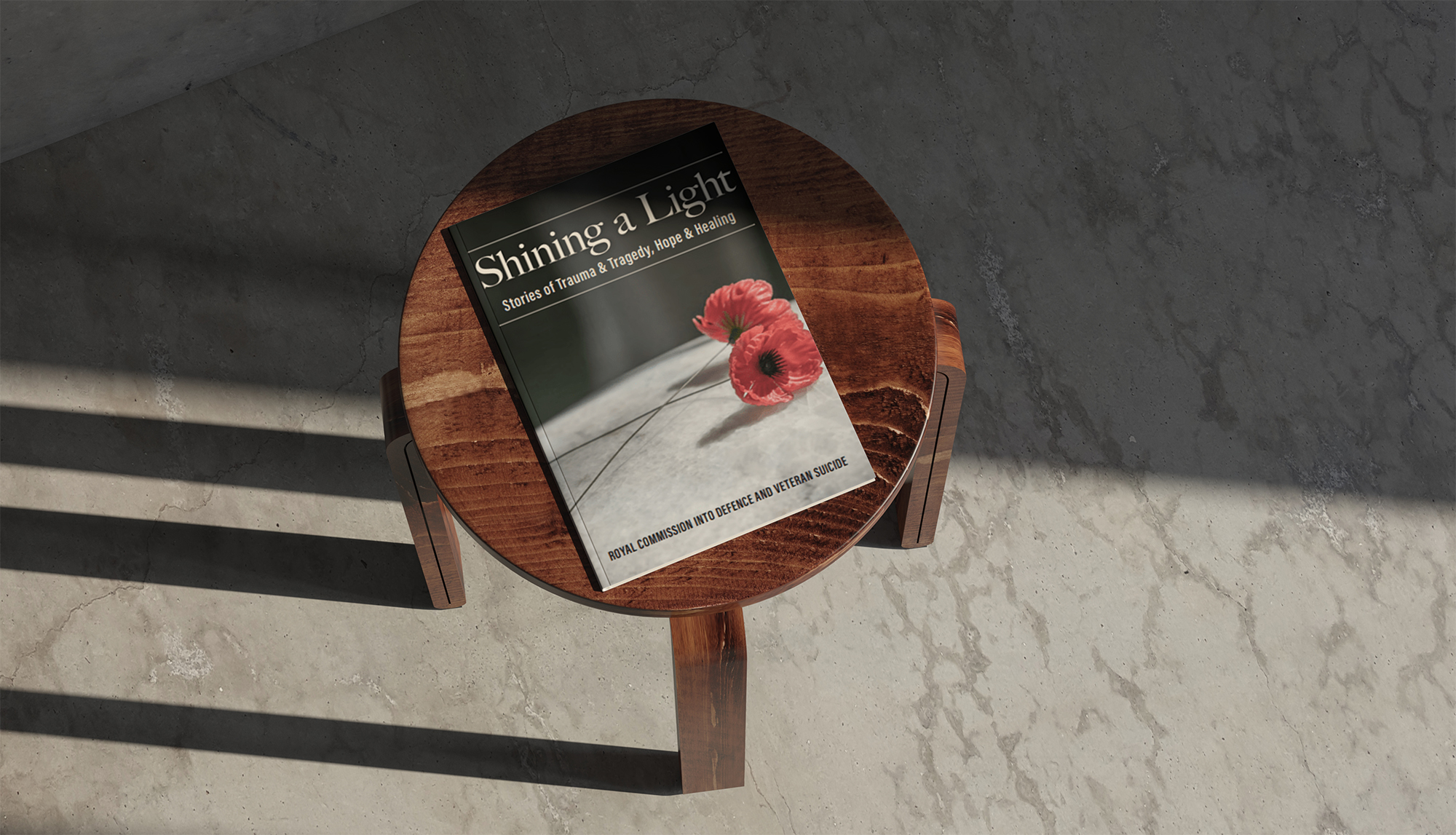

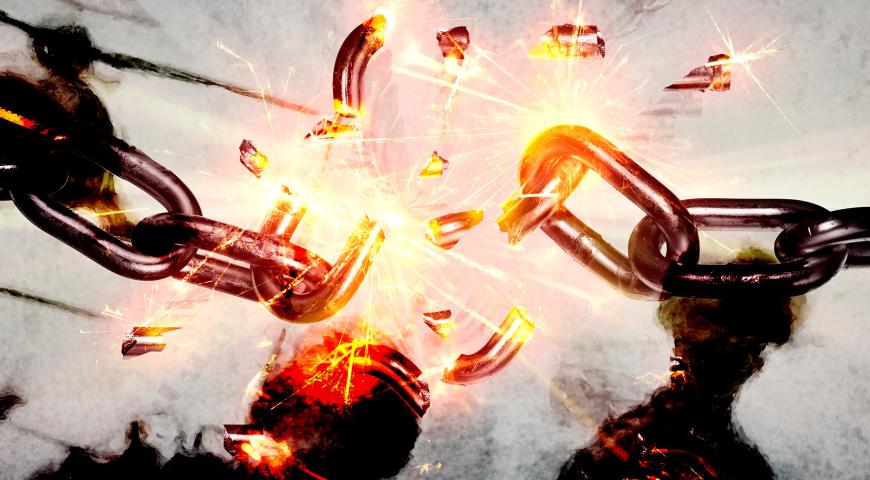
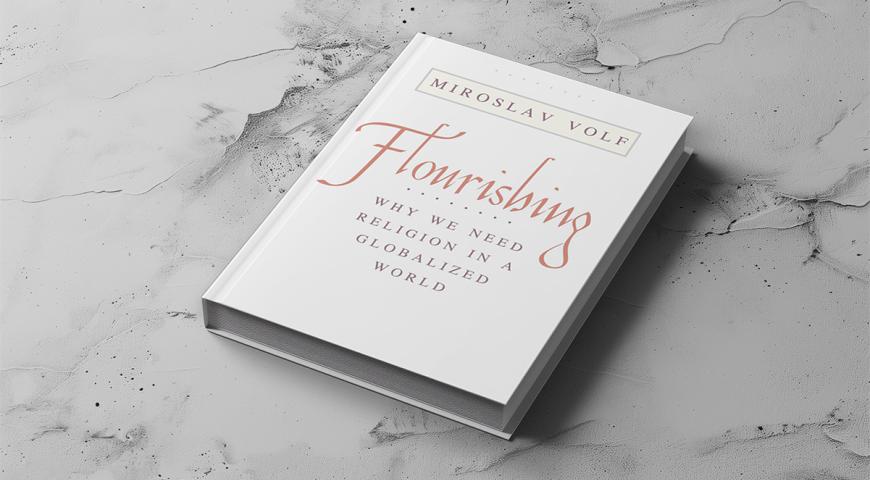
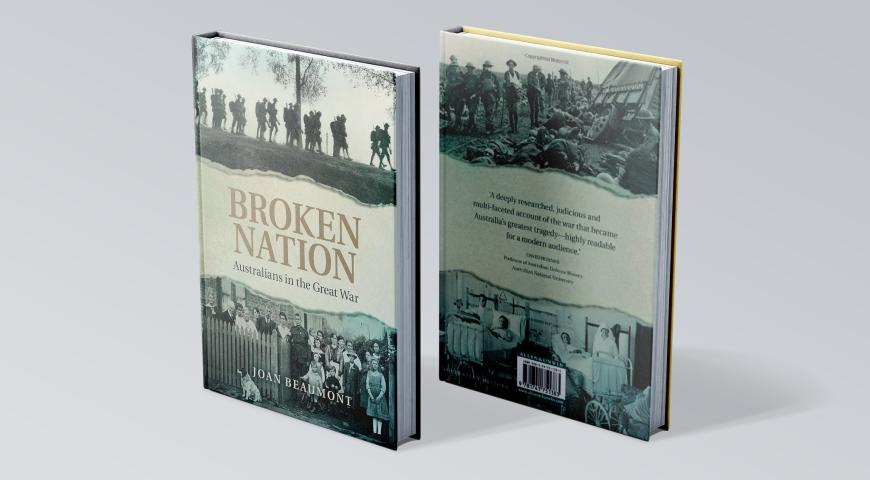
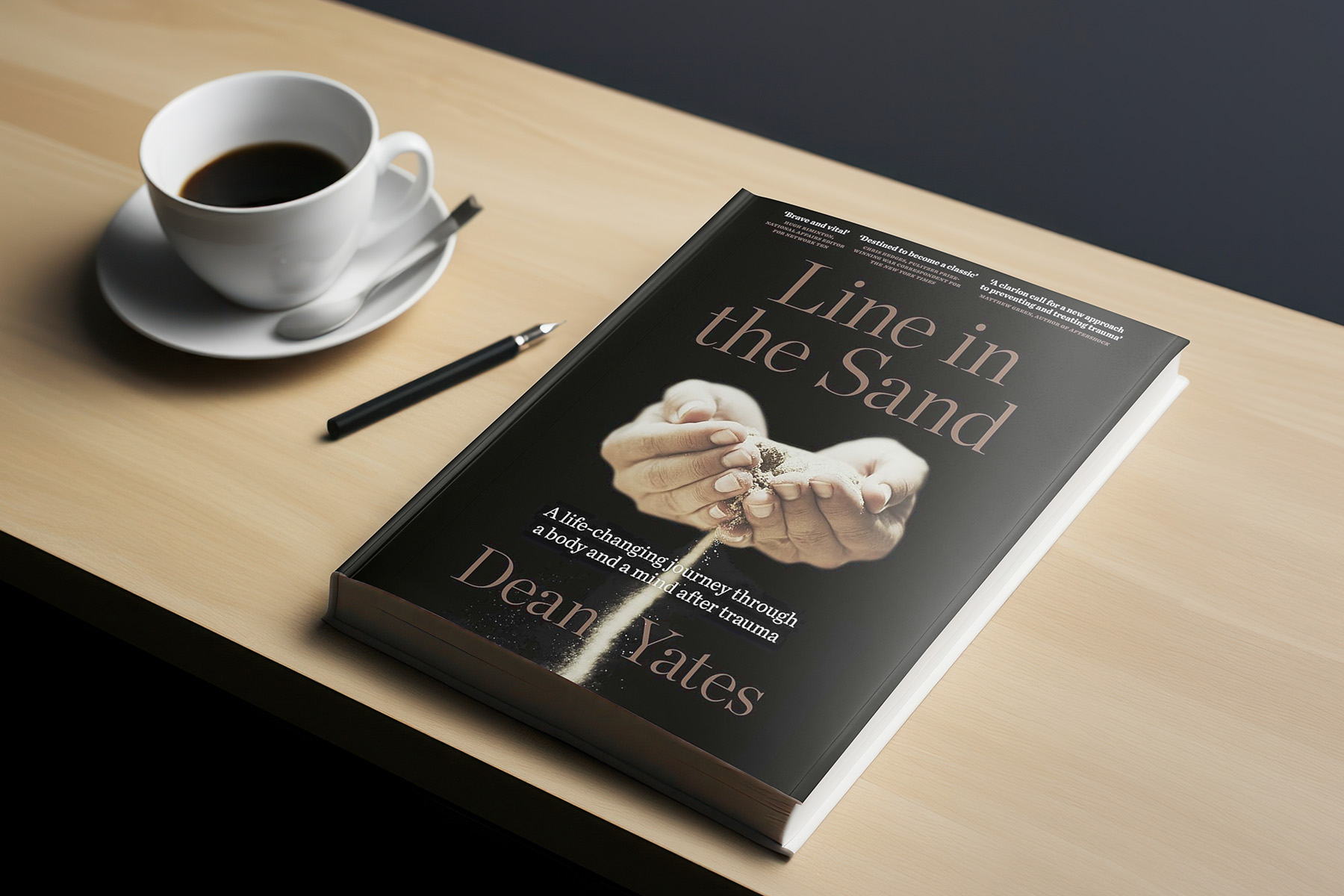
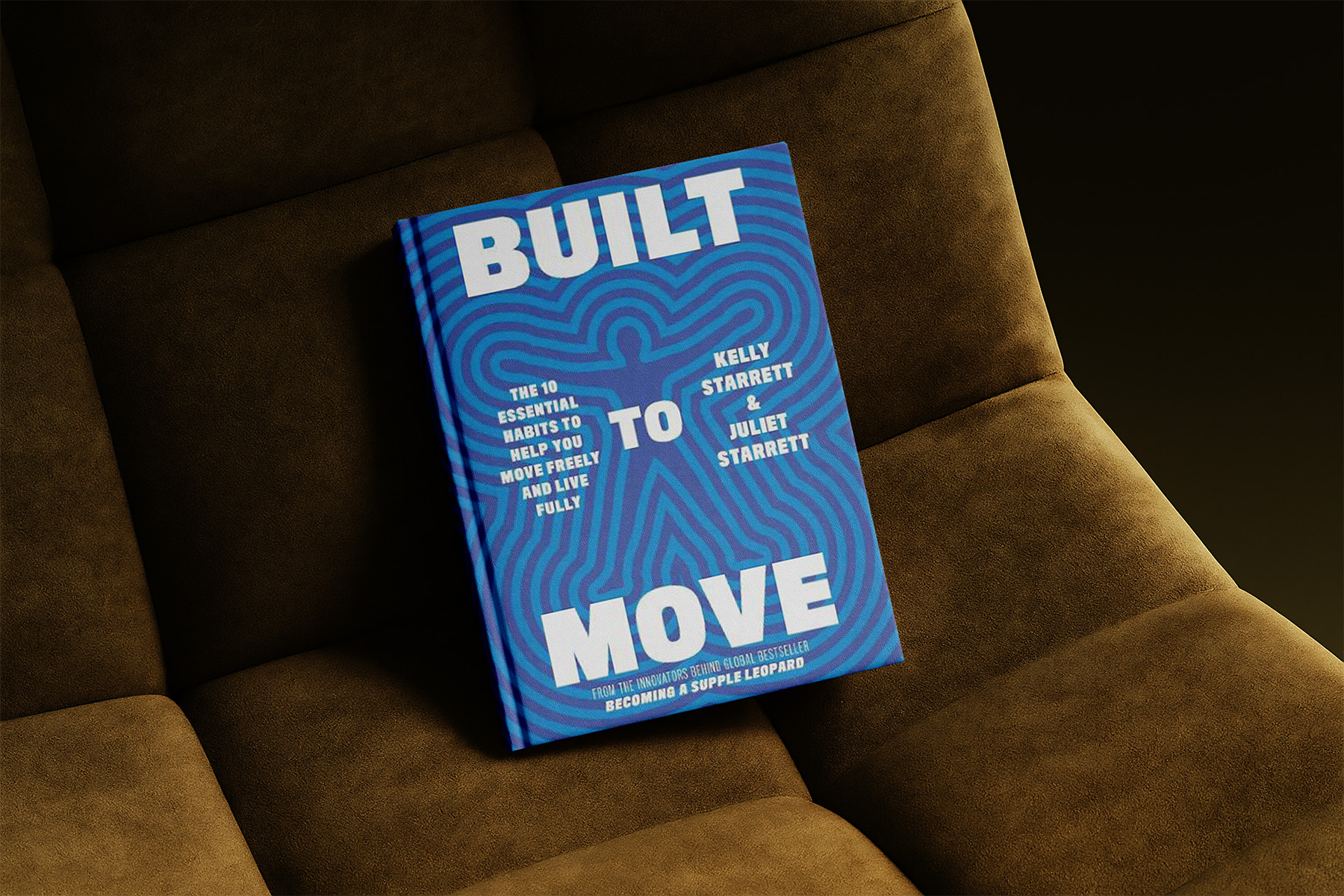






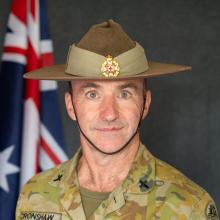
Comments
Start the conversation by sharing your thoughts! Please login to comment. If you don't yet have an account registration is quick and easy.